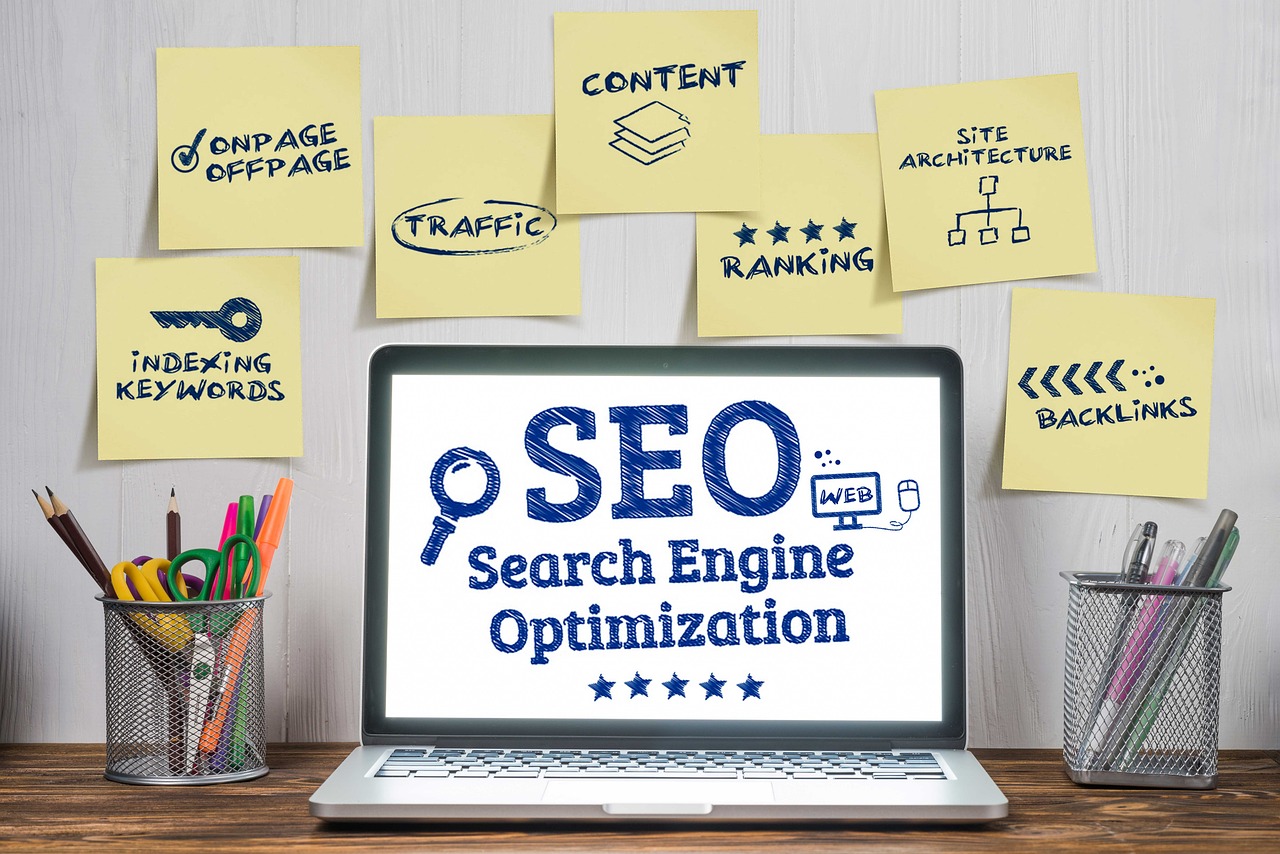Essential SEO Tips for SaaS Companies targeting Sweden
In today’s competitive digital landscape, getting noticed requires more than a great product or service. You need a tailored SEO strategy that speaks to your audience in their language—literally and figuratively. As an SEO and localization expert specializing in Swedish markets, I help businesses cut through the noise and gain the visibility they deserve.
Here’s how you can unlock your company’s potential in Sweden with a few key SEO tips for the Swedish market.
Why the Swedish Market?
Sweden is a digital-first country with a tech-savvy population. According to Statista, Sweden ranks high in internet penetration, with nearly 96% of the population online. This makes it a fertile ground for SaaS companies looking to offer cloud-based solutions, apps, and software to a broad and engaged audience.
But here’s the challenge: Swedish consumers value native, culturally relevant content. They can tell the difference between content that has been directly translated and content that has been tailored for them. This is where localization and targeted SEO strategies come into play.
Key SEO Tips for the Swedish Market
1. Keyword Localization
One of the most common mistakes SaaS companies make is translating English keywords into Swedish without considering local search behavior. A direct translation might not be the phrase your target audience is searching for.
For example, while the term “cloud software” may be prevalent in English, Swedish users may search for “molntjänst.” It’s essential to use tools like Google Keyword Planner or Ahrefs to identify the actual terms Swedes are using to find similar services.
2. Optimize for Local Search Engines
Although Google dominates the search engine landscape, in Sweden, Bing and Yahoo also play a role. Make sure your website is optimized for these platforms as well by paying attention to meta tags, titles, and descriptions that perform well on all search engines.
3. Create High-Quality, Localized Content
Incorporating localized keywords is crucial, but it’s just the beginning. To rank well in Swedish search results, you need content that resonates with the Swedish audience. This means creating blog posts, white papers, and case studies that address local challenges and solutions. Your content should reflect the Swedish business landscape and culture to build trust with potential clients.
4. Don’t Neglect Technical SEO
Your website’s performance plays a significant role in your SEO success. Pages need to load quickly and run smoothly on mobile devices, as Sweden has a high rate of mobile internet use. Make sure your site’s backend is optimized for speed and performance, and use Google PageSpeed Insights to identify areas for improvement.
5. Incorporate International SEO Best Practices
If you’re running a global SaaS company, your SEO efforts should extend beyond Sweden. Implement hreflang tags to signal to Google which language and regional version of your content to display. This will help avoid duplicate content issues across multiple markets.
6. Leverage Swedish Social Media Channels
Social media is an important part of any SEO strategy. Platforms like LinkedIn and Facebook are widely used in Sweden, and they’re great channels for amplifying your content. Tailor your posts to the Swedish audience by using local language, addressing specific pain points, and tapping into current trends.
Why Partner with a Professional Swedish Translator?
Working with a professional translator who understands SEO can take your localization efforts to the next level. A native-speaking SEO translator ensures that your content is linguistically correct, and understands the nuances of keyword research, cultural preferences, and user intent in the Swedish market.
At Swedish Translation Services, I specialize in combining high-quality translations with SEO best practices to help companies succeed in international markets. Whether you need SaaS product descriptions, marketing materials, or in-depth blog content localized, I can provide a seamless experience that drives results.
Conclusion
Entering the Swedish market requires more than just translation—it requires a deep understanding of local search behaviors and digital preferences. By implementing these SEO tips for the Swedish market, you can boost your visibility, attract the right audience, and ultimately, grow your SaaS business in Sweden.
If you’re ready to unlock growth in the Swedish market, let’s discuss how I can help you create a tailored SEO plan that meets your goals.
Contact me today to learn more about how Swedish Translation Services can assist your business.



